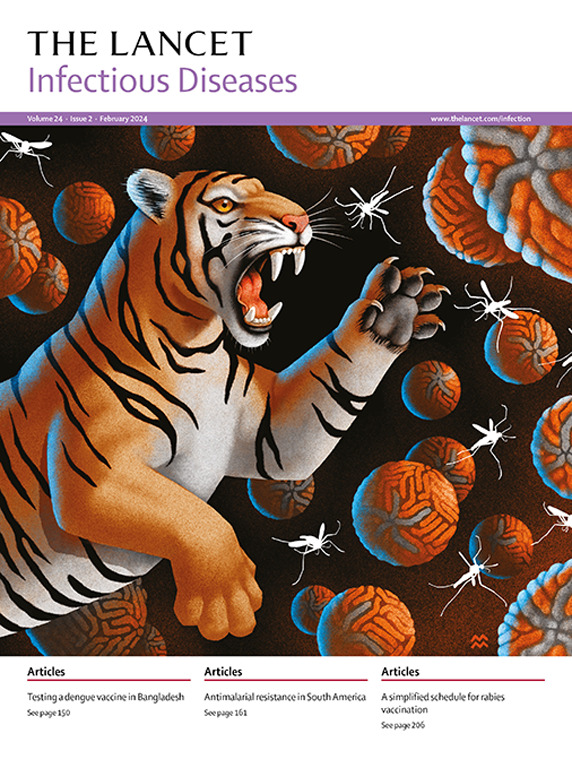被剥夺自由者参与结核病疫苗试验:应该保护他们免受研究,还是通过研究保护他们?
IF 36.4
1区 医学
Q1 INFECTIOUS DISEASES
引用次数: 0
摘要
被剥夺自由的人是结核病发病率最高的人群之一。监狱通常为结核分枝杆菌的传播创造了理想的条件,包括过度拥挤和长期暴露在通风不良的环境中,而且监狱的人口往往有很高的患病风险。开发一种新的、有效的结核病疫苗以预防成人肺结核被认为是改善结核病控制并最终消除结核病的关键目标。目前,有十几种疫苗处于临床开发阶段,尽管正在进行或计划进行的试验都没有包括被剥夺自由的人。造成这种排斥的因素有几个,包括涉及这一人口的医学研究历来违反道德规范,以及对胁迫和剥削的关切。在本个人观点中,我们认为,需要将这些关切与被剥夺自由参与科学进步的人的权利以及尊重他们参与医学研究的自主权的重要性进行权衡。我们处理涉及被剥夺自由者的结核病疫苗试验的主要风险,提出缓解策略,并讨论在此背景下与疗效试验相关的重要科学考虑。本文章由计算机程序翻译,如有差异,请以英文原文为准。
The participation of people deprived of liberty in tuberculosis vaccine trials: should they be protected from research, or through research?
People deprived of liberty are among the populations experiencing the highest rates of tuberculosis. Prisons typically create ideal conditions for Mycobacterium tuberculosis transmission, including overcrowding and prolonged exposure in poorly ventilated environments, and often have populations at high risk of developing disease. The development of a novel, effective tuberculosis vaccine to prevent adult pulmonary tuberculosis is considered a crucial objective for improving tuberculosis control and, ultimately, elimination. Currently, there are over a dozen vaccines in clinical development, although none of the ongoing or planned trials include people deprived of liberty. Several factors contribute to this exclusion, including historical ethical violations in medical research involving this population, as well as concerns regarding coercion and exploitation. In this Personal View, we contend that these concerns need to be weighed against people deprived of liberty's right to participate in scientific progress and the importance of respecting their autonomy to be part of medical research. We address the key risks associated with conducting tuberculosis vaccine trials involving people deprived of liberty, propose mitigation strategies, and discuss important scientific considerations related to efficacy trials in this context.
求助全文
通过发布文献求助,成功后即可免费获取论文全文。
去求助
来源期刊

Lancet Infectious Diseases
医学-传染病学
CiteScore
60.90
自引率
0.70%
发文量
1064
审稿时长
6-12 weeks
期刊介绍:
The Lancet Infectious Diseases was launched in August, 2001, and is a lively monthly journal of original research, review, opinion, and news covering international issues relevant to clinical infectious diseases specialists worldwide.The infectious diseases journal aims to be a world-leading publication, featuring original research that advocates change or sheds light on clinical practices related to infectious diseases. The journal prioritizes articles with the potential to impact clinical practice or influence perspectives. Content covers a wide range of topics, including anti-infective therapy and immunization, bacterial, viral, fungal, and parasitic infections, emerging infectious diseases, HIV/AIDS, malaria, tuberculosis, mycobacterial infections, infection control, infectious diseases epidemiology, neglected tropical diseases, and travel medicine. Informative reviews on any subject linked to infectious diseases and human health are also welcomed.
 求助内容:
求助内容: 应助结果提醒方式:
应助结果提醒方式:


